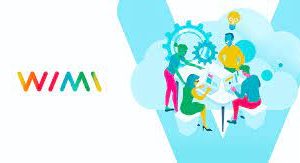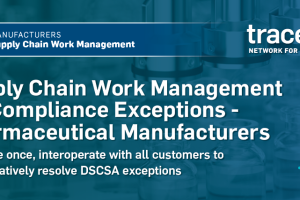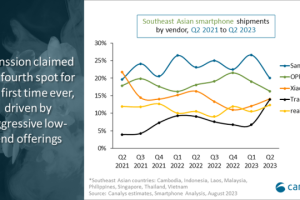Blockchain has the potential to alter the way in which health and social data are traditionally collected, interpreted and linked, shifting from different pieces of information held by a single ‘ owner ‘ to lifetime history, promoting effective and effective continuity of care, offering a complete and secure way of capturing, tracking and sharing the entire health and social experience of a citizen / patient.
Citizens ‘ right to timely access to good quality healthcare, affordable, preventive and curative, is a crucial societal challenge in the EU. ‘Moving care back to the community’ can address this issue by designing the patient/citizen (prevention) at the center of the process in partnership with frontline nurses and a more holistic approach to value-based health and social care. Blockchain can support the empowerment of citizens/patients in managing their own health and social data by ensuring that chain citizens know how and where to use their data. Thus, blockchain has the potential to address key health and societal challenges, such as vaccination hesitation, by facilitating the retention of a vaccination record, with increased control of its own information by the citizen/patient. This is just one example where innovation can be used to close the EU implementation gap.
Nurses added value in blockchain has to do with boosting the continuity of care, facilitating communication between the various actors involved to deliver the best results for patients and citizens. Nurses, in particular, are key to improving people-centered approach access and outcomes, ensuring continuity of care across the primary and secondary health and social care sectors.
Nurses responsible for accessing, recording and processing health and social care data are more secure with co-designed blockchain technology in the knowledge that such data will be accurate and consistent, leading to improved pathways for patient care and, as such, measurable results. Providers can benefit from improved accessibility, accuracy and safety by having a distributed database for health and social care related information, resulting in better results for all. Therefore, by recording the data history, blockchain becomes a technology that supports the frontline.
In addition, patients/citizens have access to synchronized databases through the blockchain network, giving unprecedented benefits to providing frontline care. The regular and updated exchange of health and social history of a patient will enable nurses to advance the process of discharging patients and sharing data in the continuity of care, resulting in reduced bureaucratic red tape and improved quality of nursing interventions, which are crucial in reducing patient and citizen unmet needs.
A co-designed blockchain can become a solution in the ecosystems of value-based health and social care, as the gatekeeper is now the patient/citizen who will directly access his / her care pathway. In this sense, blockchain needs to show evidence of its potential to reduce the burden of pending data collection on nurses, enabling them to spend more time directly on patient care.
Blockchain can make a significant contribution to enabling nurses to provide access to care through health and social care digitalization. To this end, blockchain needs to foster integrated care policies and continuity, supporting nurses in delivering a safe and high-quality care level. Engaging end-users, local frontline nurses, can make the systems more integrated, coordinated and sustainable by co-designing health and social care tools ‘fit for purpose.’




























